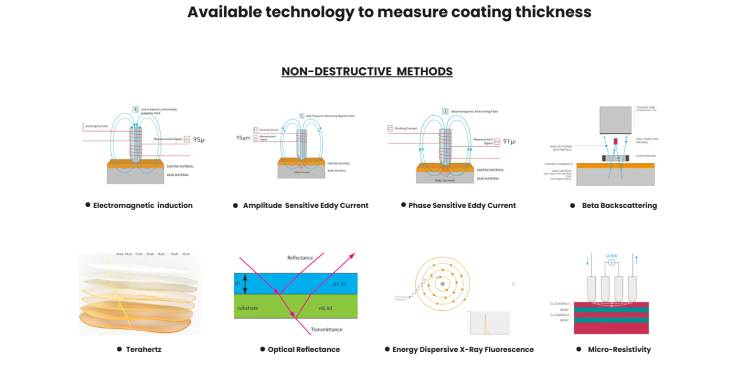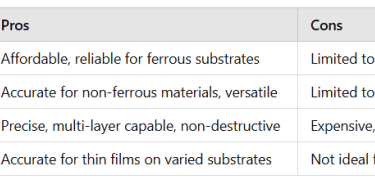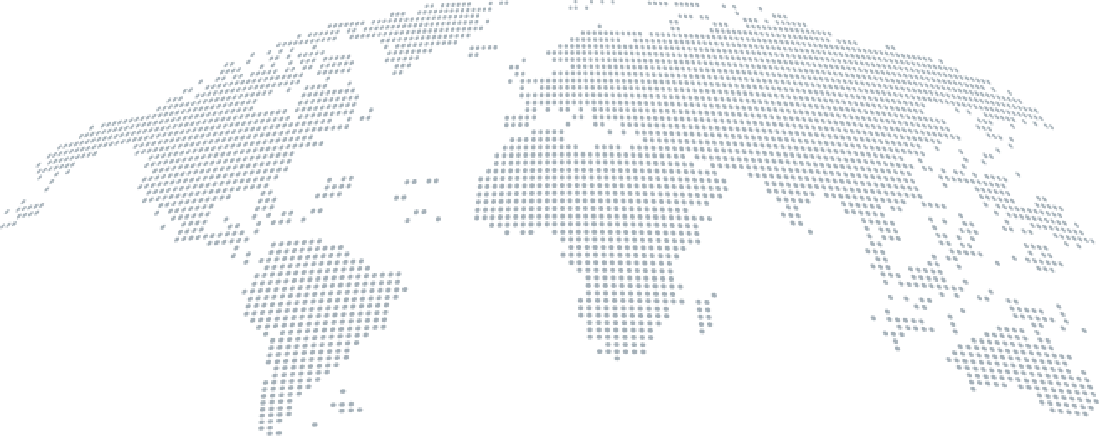The Critical Role of Routine Coating Inspection & Thickness Analysis in Industrial Applications
COATING THICKNESS MEASUREMENT
Nextagen Analytics
11/3/20243 min read


In industries like Oil & Gas, Chemicals, and Active Pharmaceutical Ingredient (API) manufacturing, regular inspection of equipment coatings is more than a maintenance task—it’s a key to operational success. , and other essential infrastructure provide vital protection against corrosion, chemical reactions, and wear, enabling companies to maintain high productivity while safeguarding assets.
This article explores why coating inspection is essential, the latest technologies available, industry standards, and how Nextagen Analytics can guide your organization in selecting the best-fit technology and implementing coating inspections into your Standard Operating Procedures (SOPs).
Why Routine Coating Inspection Matters
For industrial equipment constantly exposed to harsh environments, coatings serve as a barrier against the aggressive effects of chemicals, temperature fluctuations, and mechanical wear. Failure to maintain these coatings can result in corrosion, leaks, and equipment failure. By prioritizing coating inspections, companies can:
Extend Asset Life: Routine inspections help prevent premature equipment wear, extending service life.
Ensure Compliance: Adhering to industry standards for coating thickness reduces operational and environmental risks.
Optimize Performance: Consistent coating quality minimizes downtime, improving overall operational efficiency.
Lower Costs: Early detection of coating issues reduces the need for expensive repairs and replacements.
Technologies for Onsite Coating Thickness Measurement
Today’s advancements in coating inspection technology enable precise, on-site measurements, allowing companies to avoid lengthy shutdowns. Here are the primary technologies used for coating thickness measurement:
Magnetic Induction: This technology is well-suited for measuring non-magnetic coatings on ferrous substrates.
Eddy Current: Ideal for measuring non-conductive coatings on non-ferrous metals, such as aluminum and stainless steel.
X-ray Fluorescence (XRF): Enables non-destructive measurement of multi-layer coatings and alloy compositions.
Beta Backscatter: Used to measure thin coatings across various substrates, including metals, plastics, and glass.
Each technology offers unique benefits, and choosing the right one depends on the specific requirements of the application.
Key Manufacturers and Their Offerings
Several reputable manufacturers produce high-quality instruments for coating thickness measurement, including:
Fischer Technology, Inc. : Provides advanced coating thickness gauges utilizing Magnetic Induction, Eddy Current, and XRF.
Elcometer Inspection Equipment : Known for durable, easy-to-use gauges that support both ferrous and non-ferrous substrates.
Olympus Corporation : Offers portable, high-precision XRF analyzers ideal for multi-layer coating measurement.
Industry Standards for Coating Thickness Inspection
In industries with stringent safety and quality requirements, compliance with established standards is essential. Key standards include:
ASTM D7091: Covers non-destructive thickness measurements on metallic substrates.
ISO 2808: Specifies methods for measuring coating thickness, especially on painted substrates.
SSPC-PA2: Provides guidelines for measuring Dry Film Thickness (DFT) on industrial structures.
Following these standards ensures that measurements are reliable and results meet regulatory requirements.
Pros and Cons of Coating Thickness Measurement Instruments
With various technologies available, each type of instrument has unique strengths and limitations:
Understanding these advantages and limitations helps companies choose the right tool for each application.
Case Study: Improved Efficiency in API Manufacturing
In a recent project, Nextagen Analytics collaborated with an API manufacturer to improve their coating inspection process. Using a combination of Eddy Current and XRF technologies, we helped implement a custom solution that delivered accurate measurements across diverse substrates. By integrating these technologies into the client’s SOP, they achieved 25% faster inspections and a 30% reduction in unplanned downtime. This solution allowed the client to focus more on production efficiency while safeguarding their critical assets.
How Nextagen Analytics Supports Your Inspection Process
Nextagen Analytics is a trusted partner for companies looking to implement effective coating thickness inspections. We provide:
Expert Consultation: With over 100+ years of experienced groups in this field, we assess specific client needs and recommend tailored solutions.
Strategic Partnerships: Our relationships with top manufacturers allow us to provide reliable, high-quality instruments.
End-to-End Support: From installation to calibration and training, we offer full support to maximize your team’s proficiency with the selected technology.
Lifecycle Partnership: Beyond the initial purchase, we support you in integrating inspection protocols into your SOP, ensuring regulatory compliance and operational efficiency.
Conclusion
Routine coating inspections are crucial in high-risk industrial environments. With Nextagen Analytics as your technology partner, you can implement the ideal inspection process to protect assets, reduce costs, and maintain compliance. Our solutions are designed to help you make informed choices and integrate them seamlessly into your operations.
Connect with us today to explore how we can support your coating inspection needs !!
Key Source : https://www.nextagen.in/coating-thickness-measurement | Nextagen Analytics






Innovation House
Mon-Sat 9am-7pm

contact@nextagen.in

+91 2654059388
© 2024 Nextagen Analytics Private Limited . All Rights Reserved.